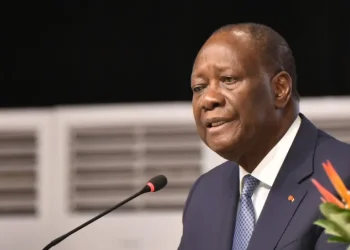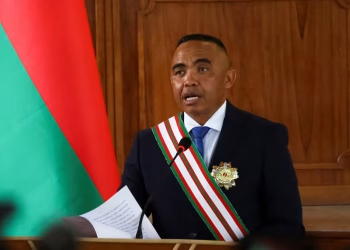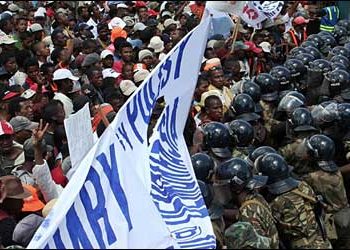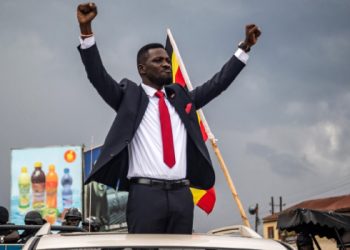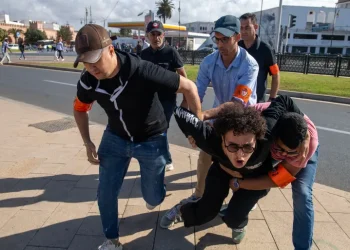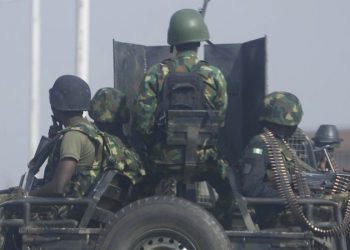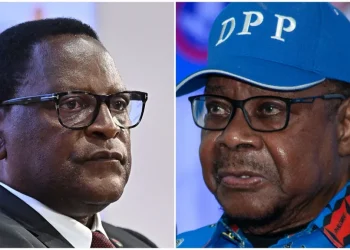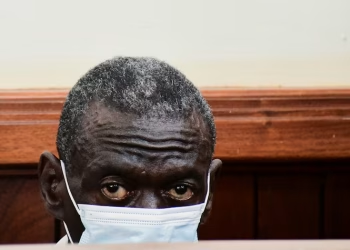Guinea presidential election will take place on December 28. It will be the country’s first vote since the 2021 coup. The announcement came through a decree read on state television. It followed the Supreme Court’s decision to validate a referendum that approved a new constitution. The document could allow coup leader Mamady Doumbouya to run, although he has not confirmed his plans.
The coup in Guinea was one of eight in West and Central Africa between 2020 and 2023. Some states, like Chad and Gabon, have already held elections to mark a return to civilian governments. Others, including Mali and Niger, chose longer transition periods without national votes. Guinea promised a two-year transition in 2022 after talks with ECOWAS. That deadline passed without action, fueling concerns about democratic delays.
The new constitution changes the country’s political framework. It extends presidential terms from five to seven years, renewable once. It also creates a Senate as a new institution. Most notably, it removes a rule that barred junta members from running. Observers see this as opening the door for Doumbouya. His silence on whether he will contest the vote has created further uncertainty.
The Supreme Court reported that the referendum passed with 89% support on a 92% turnout. Opposition politicians dispute these figures. They argue that participation was far lower. Reports from polling stations suggested sparse voter turnout. The wide gap between official numbers and opposition claims has raised questions about credibility and transparency.
Guinea’s vast resources add weight to the election. The country holds the world’s largest bauxite reserves and the richest untapped iron ore deposit at Simandou. Political stability will directly affect global markets and foreign investment. The December vote will therefore test Guinea’s ability to restore civilian rule while managing strategic resources.
For citizens, the Guinea presidential election brings both hope and doubt. It offers a chance to move beyond years of uncertainty. Yet many still question fairness, turnout, and the influence of the military. The results will decide whether Guinea achieves a genuine transition or remains under strong military influence.
READ: French Navy Seizes 10 Tonnes of Cocaine in West Africa

